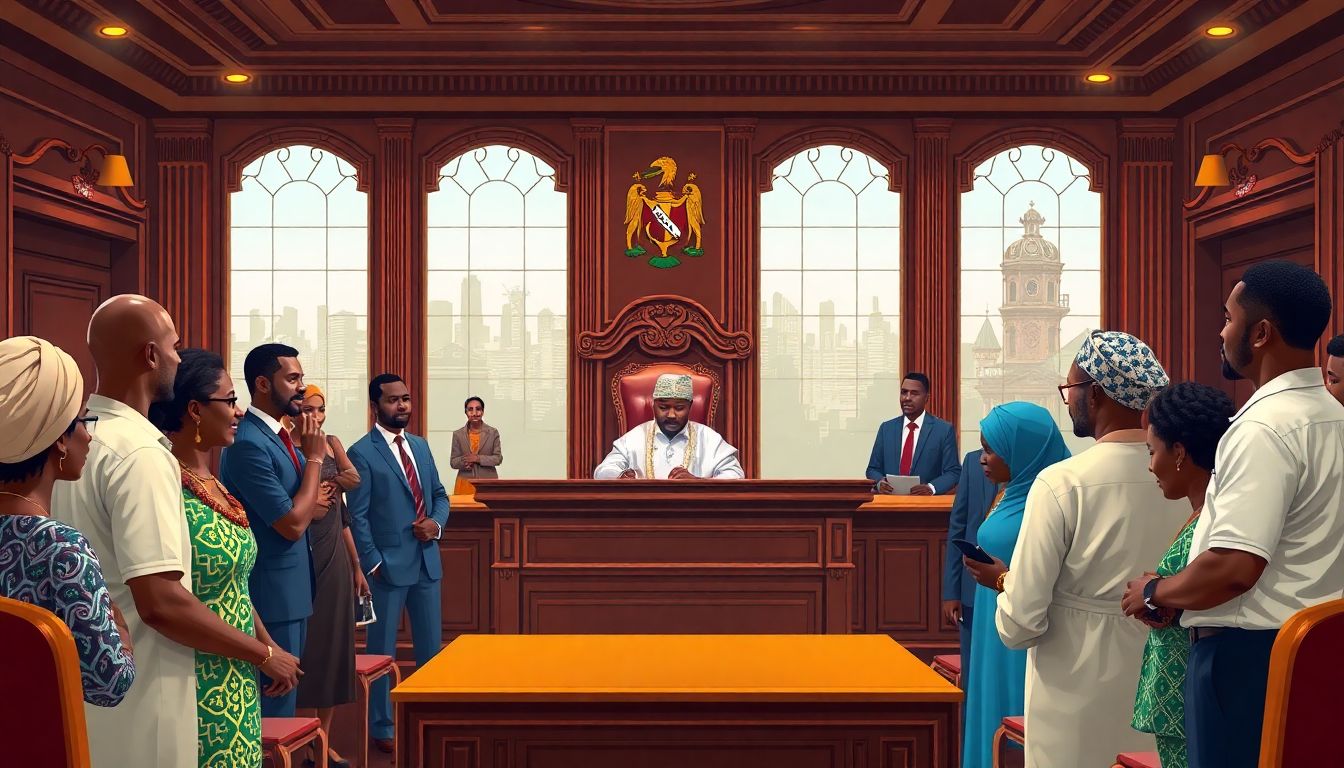
What Cases Does Family Court Handle in Nigeria? A Comprehensive Guide by 247 Yawa Trends
Introduction
Knowing what family courts in Nigeria handle is very important. Family issues affect not just individual lives but the whole society. These courts focus on personal and family matters that need legal attention. Their job is to make sure justice is done and families stay strong. Family courts resolve sensitive problems quickly, helping families find peace.
The Role of Family Courts in Nigeria
Family courts are special courts designed for family-related issues. They deal with delicate matters that often involve emotions, children, and relationships. Nigeria set up these courts to reduce the number of cases in regular courts. By focusing only on family matters, they handle disputes faster. This helps families get timely justice and peace of mind.
Cases Handled by Family Courts in Nigeria
Family courts often solve problems about who should take care of children. These cases include:
- Custody fights during divorce or separation
- Guardianship rights over minors
- Parental responsibility after separation
When deciding who gets custody, courts look at what’s best for the child. They consider the child's safety, health, and happiness. For example, if parents divorce, the court decides who will raise the children.
Divorce and Dissolution of Marriage
Filing for divorce is common in family courts. Different types of marriage are recognized in Nigeria, like statutory, customary, and Islamic marriages. Each type has its rules about divorce. Common reasons for divorce include adultery, cruelty, or irretrievable breakdown. Courts follow legal procedures to dissolve marriages fairly.
Child Support and Maintenance
Family courts also handle cases about paying for children’s needs. Parents have a legal duty to support their children after separation. These courts set guidelines for calculating how much maintenance should be paid. They also enforce payments if parents skip their obligations. This helps ensure children’s needs are always met.
Adoption and Foster Care
Adopting a child involves legal steps, which are handled by family courts. These courts oversee the entire process to ensure it’s legal and fair. They also handle foster care cases, which are arrangements where children live with foster parents. Court approval is needed for foster and adoption cases to protect the child's rights.
Domestic Violence and Protection Orders
Family courts play a key role in cases of domestic violence. They can issue protection or restraining orders to keep victims safe. These orders prevent abusers from coming near their victims. Court actions also include emergency protection for victims of violence. This makes sure people live without fear and violence stops quickly.
Paternity and Legitimation Cases
Disputes over who is the biological parent of a child are handled by family courts. This includes cases where parents disagree or the birth isn’t registered. Courts can establish paternity, which helps in cases about inheritance or custody. Legitimation is also important because it gives children and parents legal rights.
Additional Cases Handled by Family Courts
Family courts in Nigeria also deal with issues like:
- Surrogacy and related contracts
- Inheritance disputes within families
- Marriages that are annulled or nullified
These cases are less common but equally important for protecting family rights.
Conclusion
Family courts in Nigeria handle many types of cases that protect family life. They focus on custody, divorce, child support, adoption, domestic violence, and paternity. These courts help families settle disputes fairly and quickly. If you find yourself facing family disputes, it’s wise to consult a qualified family lawyer. Family courts play a vital role in promoting justice and keeping families strong and united in Nigeria.


Post a Comment
247 Yawa Trends Reserves our Rights on Any Comments by our Viewers, As they have nothing in connection to 247 Yawa Trends